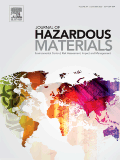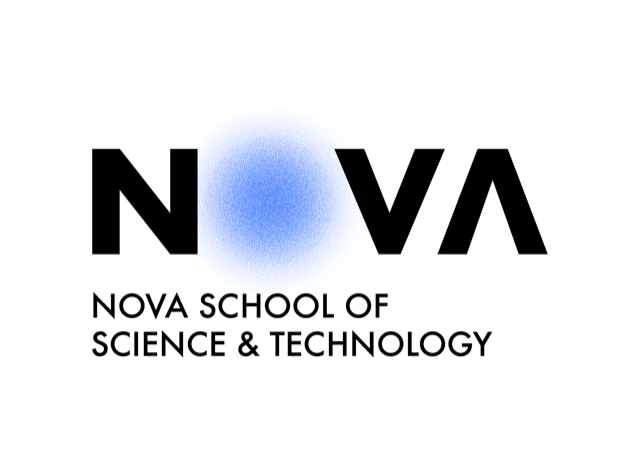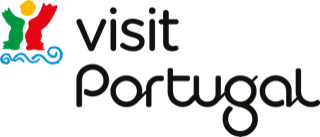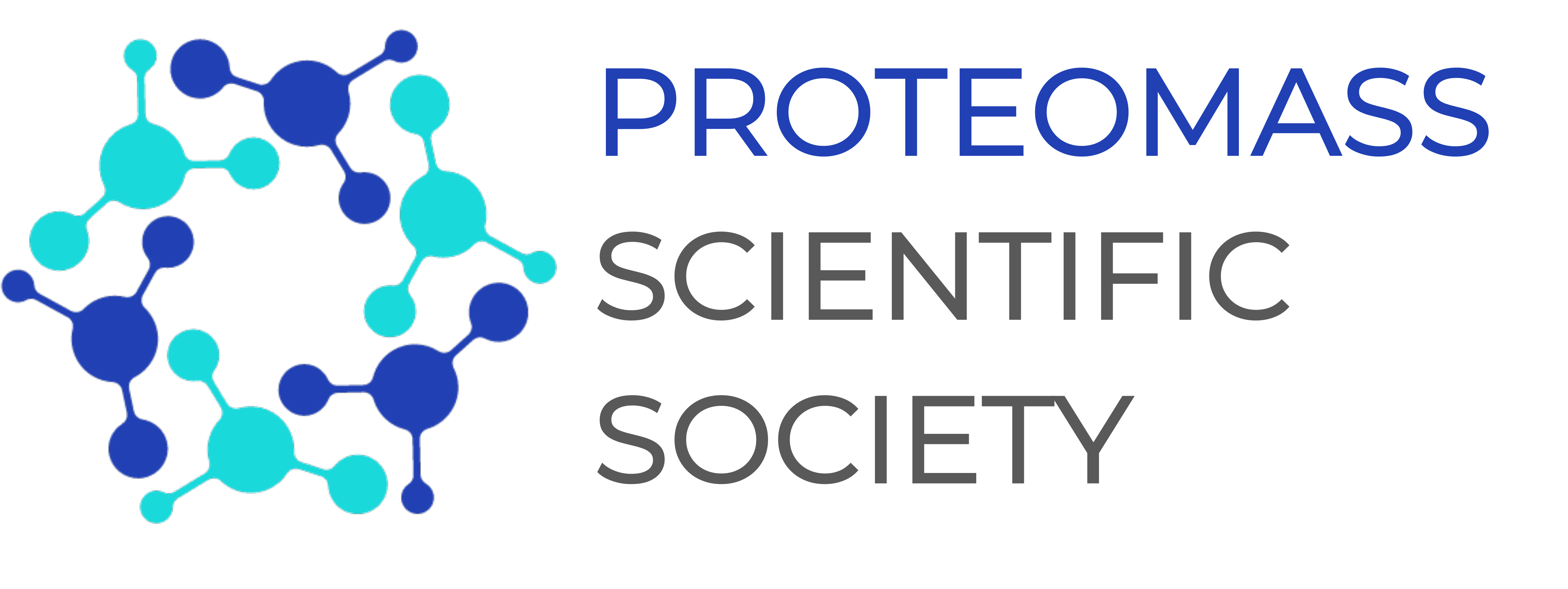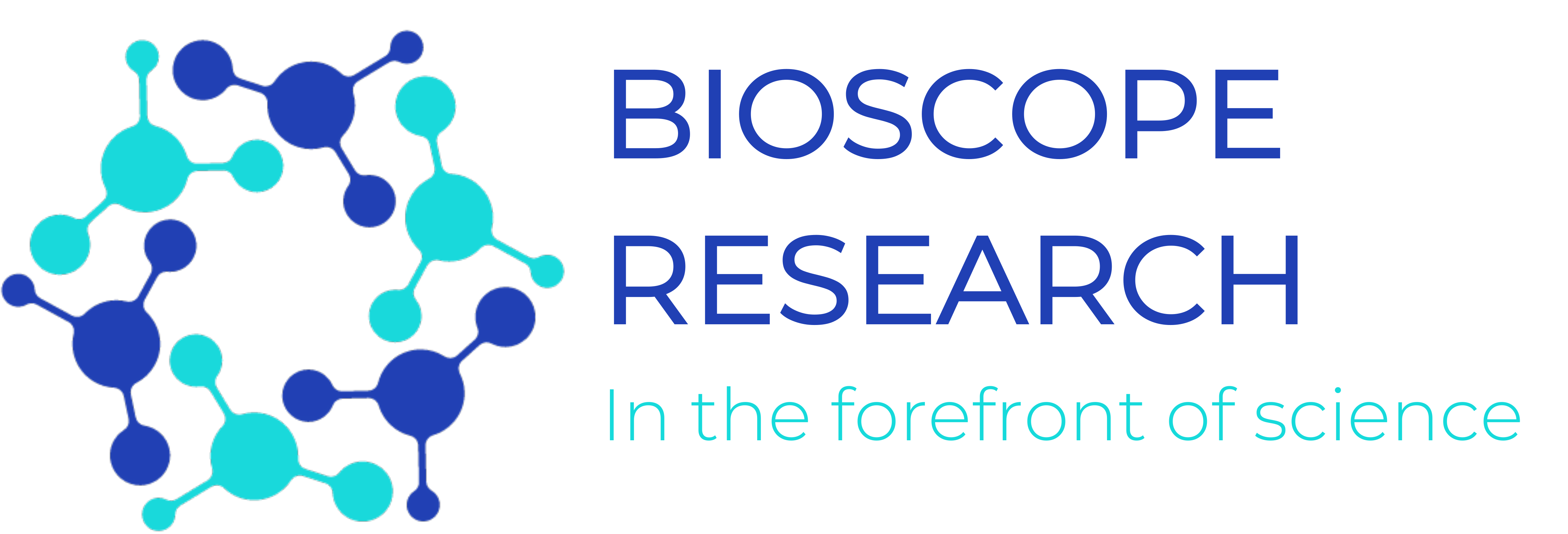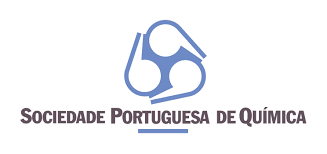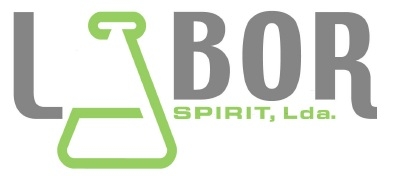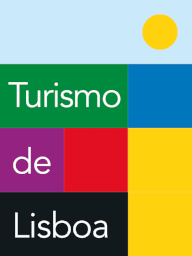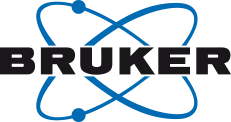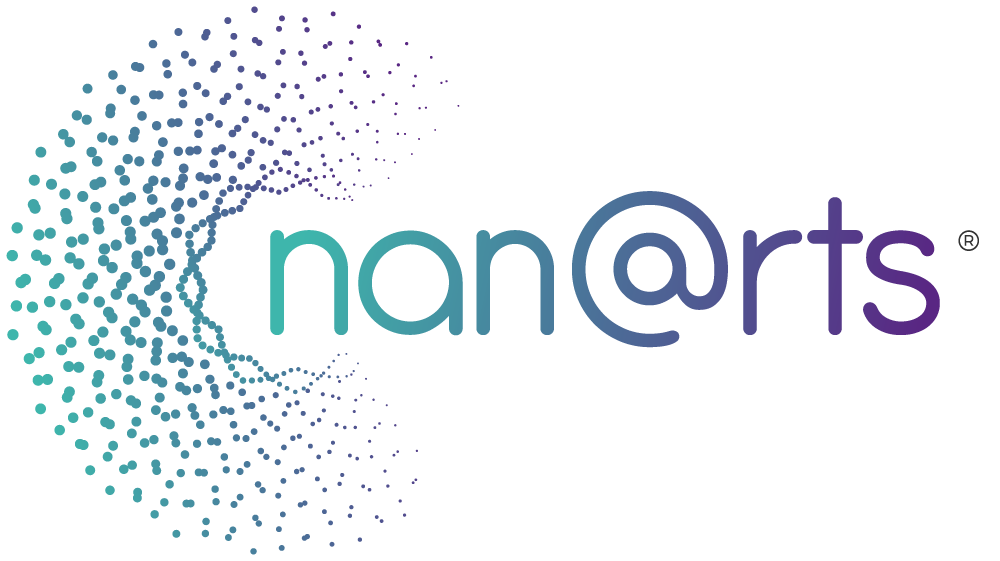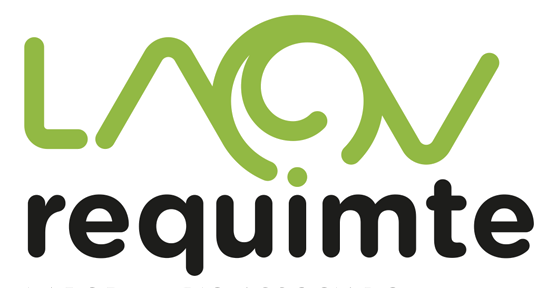
Special Issues
Special Issue on Journal of Hazardous Materials (Elsevier)
Elsevier, the publisher of the Journal Hazardous Materials (IF: 9.038), are delighted to announce their support for the 4th PTIM to be held in Portugal, Aldeia dos Capuchos, Caparica in 2021.
A special topical Virtual Issue of the journal will be produced and will contain contributions from selected invited contributors to the congress and invited contributors from the International Environmental Science and Engineering Arena.
The collection of these innovative papers will be focused on:
Post-Global Pandemic Challenges and improvements in advanced detection and removal processes of toxic pollutants
Submission Title: Advances4ToxicPollutants
We are living in a Green Planet with multiple equilibria. Modifications on any of them, affect notable to the entire planet. Humanity is actually surviving to a hazardous health situation induced by a virus, the SARS-CoV-2. This RNA nanocage is devastating human lives in the five continents. The world was forced to stop for three months, and this produces healthy benefits such as cleaner air, reduction gas emissions as CO2, a break for wildlife in our lands, rivers, and oceans. Effects that bring us images about a more prosperous planet. Many questions arise now after this pandemic time. Are these effects maintained during a long period? How long we knew to improve new methodologies for detection, quantification and recovery from the new pollutants? More control on our water, food, land and air will be urgently necessary. Untreated wastewaters and solid residues from industries, hospitals, and households result in the discharge of toxic pollutants to the environment and affect our health.
Eating wildlife animal products increase the risk of chaos and new diseases. We need new and improve the oldest methodologies bases on advance oxidation processes, heterogeneous photocatalysis, application of nanomaterials, new cost-effective and stable methods to provide safety again to our lives and the environment.
The Guest Editors of this collection of papers are inviting you to contribute a paper on your current research activities in your area of expertise. The special issue will feature full-length research papers, critical reviews, and case studies.
The first submission date for papers has been set at 01 November 2021: All papers should be submitted before this date and the option to submit online via the submission system (EES) will closed.
- Acceptance deadline: 31st July 2022 All manuscripts must be peer reviewed and final decisions (accept or reject) made for all articles by this date.
- Earlier submissions are encouraged, and papers will be published online as soon as they have been accepted for publication.
- All invited papers will be subject to the same rigorous peer-review process as regular submissions to the journal, and upon publication each author team will be provided with a free pdf file of the printed article.
Prof. Jörg Rinklebe and Dr. Debora F. Rodrigues (JHM Special Issue Editor) would be the oversee editor for the JHM virtual special issue.
You may also find the EES Interactive Tutorials a useful resource: https://www.elsevier.com/editors/elsevier-editorial-system
It is important that authors select the correct article type when they submit their articles in EES. When submitting your papers, authors must select VSI: Advances4ToxicPollutants as the article type.
The submission portal of HAZMAT is: http://ees.elsevier.com/hazmat/
We would very much appreciate your participation in this special issue and hope that you are able to accept this invitation.
Guest Editors:
Prof. Dr. Carlos Lodeiro (LAQV REQUIMTE FCT UNL – Proteomass Scientific Society- Portugal)
Prof. Dr. José Luis Capelo (LAQV REQUIMTE FCT UNL – Proteomass Scientific Society – Portugal)
Prof. Dr. Irene M. C. Lo (The Hong Kong University of Science & Technology – China)
Prof. Dr. Joanna Burger (Rutgers University. School of Arts and Science – USA)
